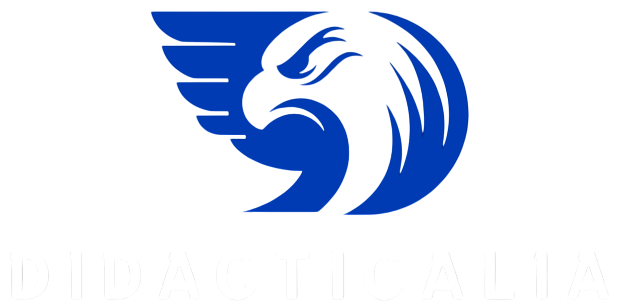
A medical portal is a secure online platform that allows healthcare providers to access and manage patient-related information. It is a central hub where physicians can view patient records, make clinical decisions, communicate with other healthcare professionals, and perform various administrative tasks.
The key features and benefits of a physician portal.
One of the primary functions of a medical portal is to provide access to electronic health records. Physicians can view complete patient information through the portal, including medical history, diagnoses, medications, test results, and treatment plans. The instant access to up-to-date patient data enables physicians to make more informed clinical decisions and provide better patient care.
Communication and collaboration are essential in healthcare, and a Physician Portal facilitates seamless interaction between healthcare professionals. Doctors can securely exchange messages with colleagues, nurses, and other care team members. Real-time communication helps streamline care coordination, enabling faster decision-making and better patient outcomes.
Another valuable feature of a physician portal is the ability to prescribe medications electronically. Physicians can review a patient’s medication history, check for drug interactions, and send e-prescriptions directly to the patient’s preferred pharmacy. The electronic prescribing process reduces errors, improves drug safety, and increases efficiency for both physicians and patients.
In addition to clinical functionalities, a physician portal often includes administrative tools to streamline workflow. Physicians can schedule appointments, review and sign documents, access billing and coding information, and manage other administrative tasks through the portal. The integration of administrative functions saves time and reduces paperwork, allowing physicians to focus more on patient care.
Security is a primary concern in healthcare, and medical portals are designed with strong security measures. They adhere to strict privacy standards to ensure the confidentiality of patient information. User authentication, encryption, and audit trails protect data integrity and prevent unauthorized access.
The benefits of a medical portal extend beyond individual practices. They play a crucial role in facilitating interoperability between healthcare organizations. With a portal, physicians can securely exchange patient information with hospitals, laboratories, imaging centers, and other healthcare providers. The continuous sharing of data improves care coordination, reduces duplication of tests and procedures, and improves overall healthcare delivery.
Transparency and participation in healthcare can improve patient satisfaction and promote shared decision-making. In addition, physician portals contribute to the involvement and empowerment of patients. Some portals allow patients to access their health records, review test results, request appointments, and communicate with their doctors.
Summary
A medical portal is a valuable tool allowing healthcare providers to access, manage, and communicate patient-related information securely. It improves clinical decision-making, promotes collaboration among healthcare professionals, streamlines administrative tasks, and improves patient care.








